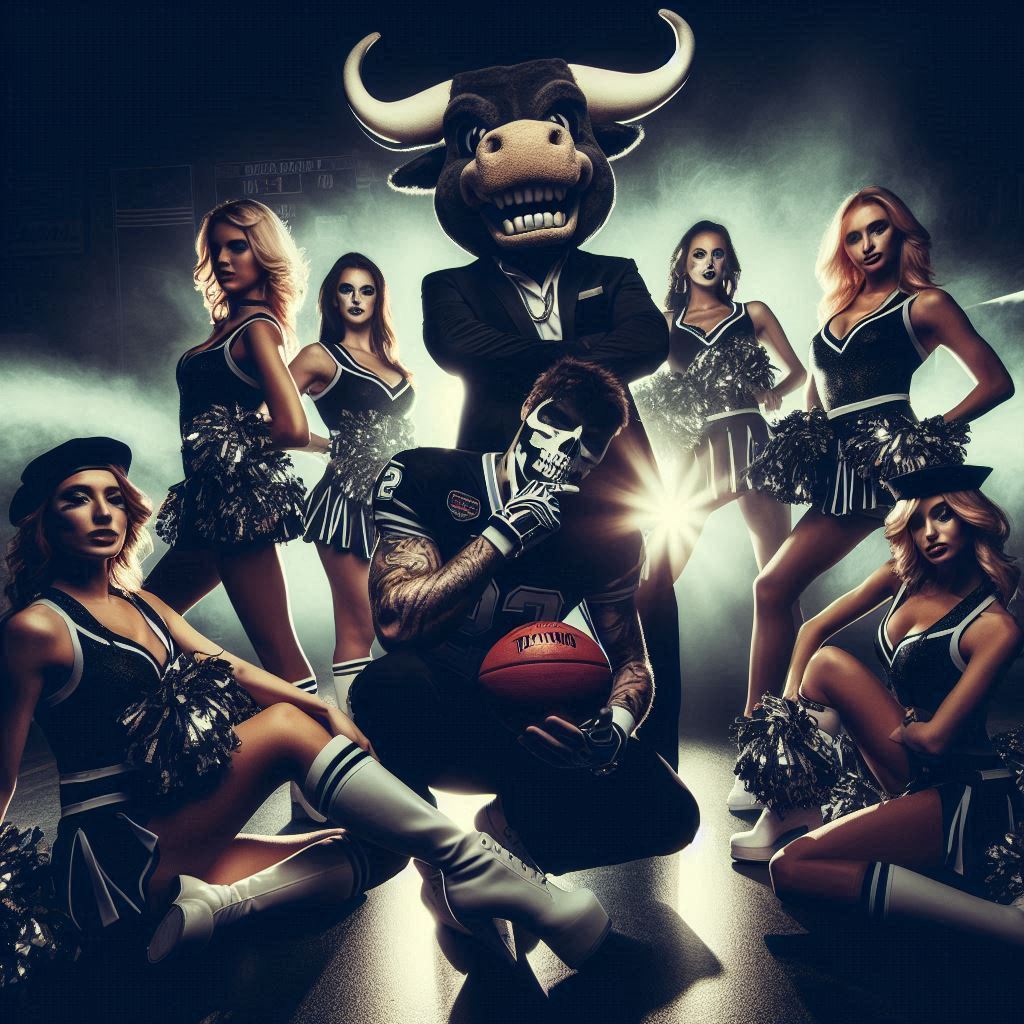
The Impact on Fan Engagement and Enjoyment
The Psychology of NFL Super Bowl Success
The NFL Super Bowl Psychology
The NFL Super Bowl is one of the most anticipated sporting events in the world, captivating millions of viewers every year. It is not just a football game; it is a cultural phenomenon that brings together athletes, fans, advertisers, and entire communities. The psychology behind the NFL Super Bowl is a fascinating subject, as it involves understanding the mental and emotional factors that influence both players and spectators. From the intense pressure on athletes to the emotional rollercoaster experienced by fans, the NFL Super Bowl offers a unique lens through which we can explore the intricacies of human behavior and motivation.
The Ultimate Stage for Competition and Performance
The NFL Super Bowl is the pinnacle of American sports culture, a grand stage where the best athletes compete for glory. But what drives these athletes to perform at their peak under such immense pressure? The psychology of competition and performance is a crucial factor. Athletes often rely on mental toughness, focus, and resilience to navigate the high-stakes environment of the NFL Super Bowl. Techniques like visualization, mindfulness, and stress management play a significant role in preparing players for the big game.

The Super Bowl Power
The Power of Team Dynamics and Leadership
Beyond individual performance, the NFL Super Bowl is a testament to the power of team dynamics and leadership. Successful teams often exhibit strong cohesion, effective communication, and a shared sense of purpose. Leaders, both on and off the field, inspire and motivate their teammates to give their best. The role of a coach in fostering a positive team culture and instilling confidence cannot be overstated. Trust and collaboration among team members are essential ingredients for achieving NFL Super Bowl success.
The Psychology of NFL Super Bowl Fandom
For fans, the NFL Super Bowl is more than just a sporting event, it’s an emotional experience that taps into deep-rooted feelings of loyalty and identity. Fans often form strong attachments to their favorite teams, deriving a sense of belonging and community from their support. The anticipation, excitement, and sometimes heartbreak associated with the NFL Super Bowl create a unique emotional rollercoaster. Understanding the psychology of fandom helps explain why people invest so much time, energy, and passion into following their teams.
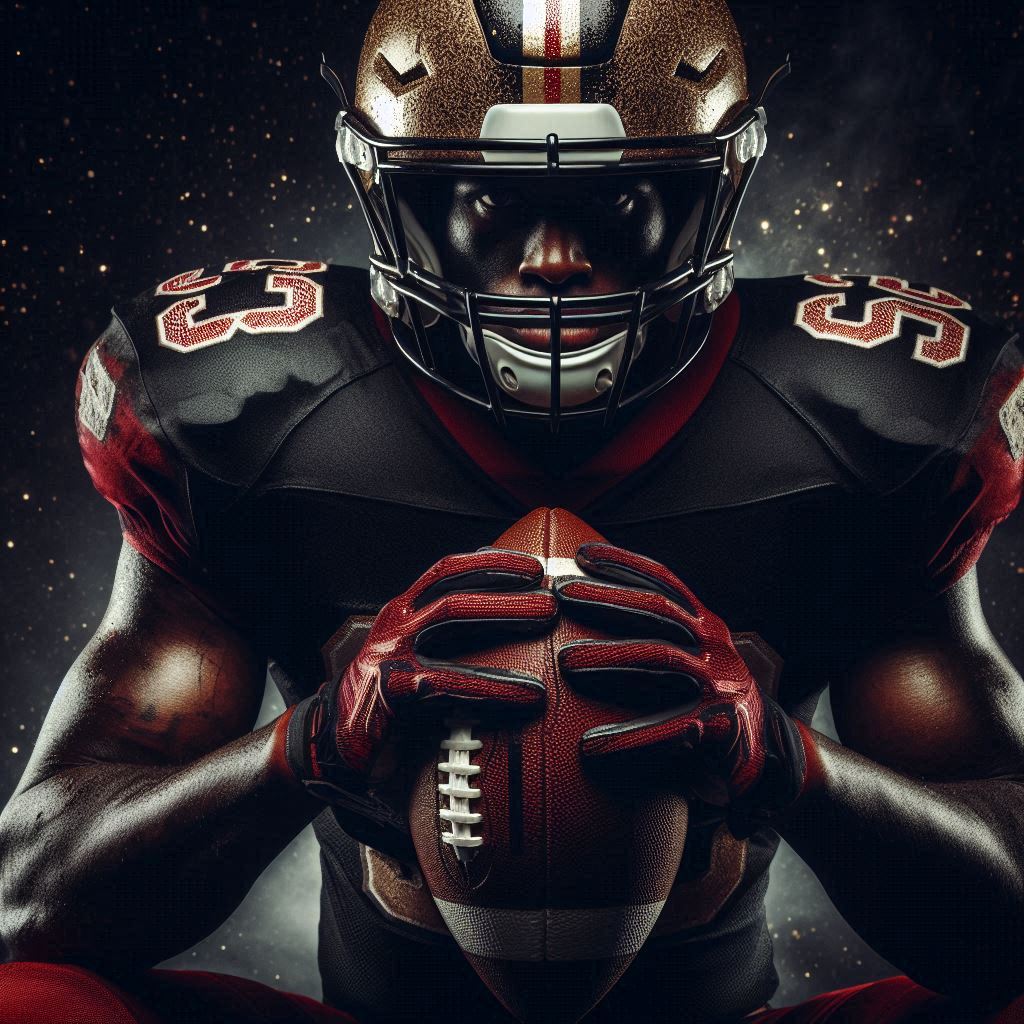
The Game Changing Idea
The Impact of NFL Super Bowl Advertising
The NFL Super Bowl is also known for its iconic commercials. The psychology behind NFL Super Bowl advertising reveals the power of persuasive messaging and brand association. Advertisers strategically use humor, emotion, and cultural references to create memorable and impactful ads. The high viewership of the NFL Super Bowl provides a unique opportunity for brands to connect with a wide audience and leave a lasting impression.
The Role of Social Interaction
The social aspect of the NFL Super Bowl enhances the overall experience for fans. Watching the game with friends and family or engaging in online discussions creates a sense of community and shared excitement. The camaraderie and social bonding that occur during the NFL Super Bowl contribute to its cultural significance. The event becomes a platform for social interaction and collective celebration.
The Influence of NFL Super Bowl Rituals and Traditions
NFL Super Bowl rituals and traditions play a significant role in shaping the psychological experience of the event. From pre-game tailgating to halftime shows, these rituals create a sense of continuity and nostalgia for fans. They provide a structured framework for participation and engagement, enhancing the emotional connection to the event. Understanding the psychological impact of these rituals helps explain the enduring popularity of the NFL Super Bowl.

The Psychological Effects of Winning and Losing
For athletes and fans alike, the outcome of the NFL Super Bowl can have profound psychological effects. Winning the NFL Super Bowl brings a sense of accomplishment, pride, and euphoria. It can boost self-esteem and reinforce positive identity. On the other hand, losing the NFL Super Bowl can lead to feelings of disappointment, frustration, and sadness. Coping strategies, such as reframing the experience and finding meaning in the journey, can help mitigate the negative effects of losing.
The Broader Cultural Impact of the NFL Super Bowl
The NFL Super Bowl extends beyond the realm of sports to influence broader cultural and social dynamics. It reflects and shapes societal values, trends, and conversations. The event provides a platform for addressing important issues, from social justice to gender equality. Understanding the broader cultural impact of the NFL Super Bowl highlights its significance as a multifaceted phenomenon that transcends the boundaries of the football field.
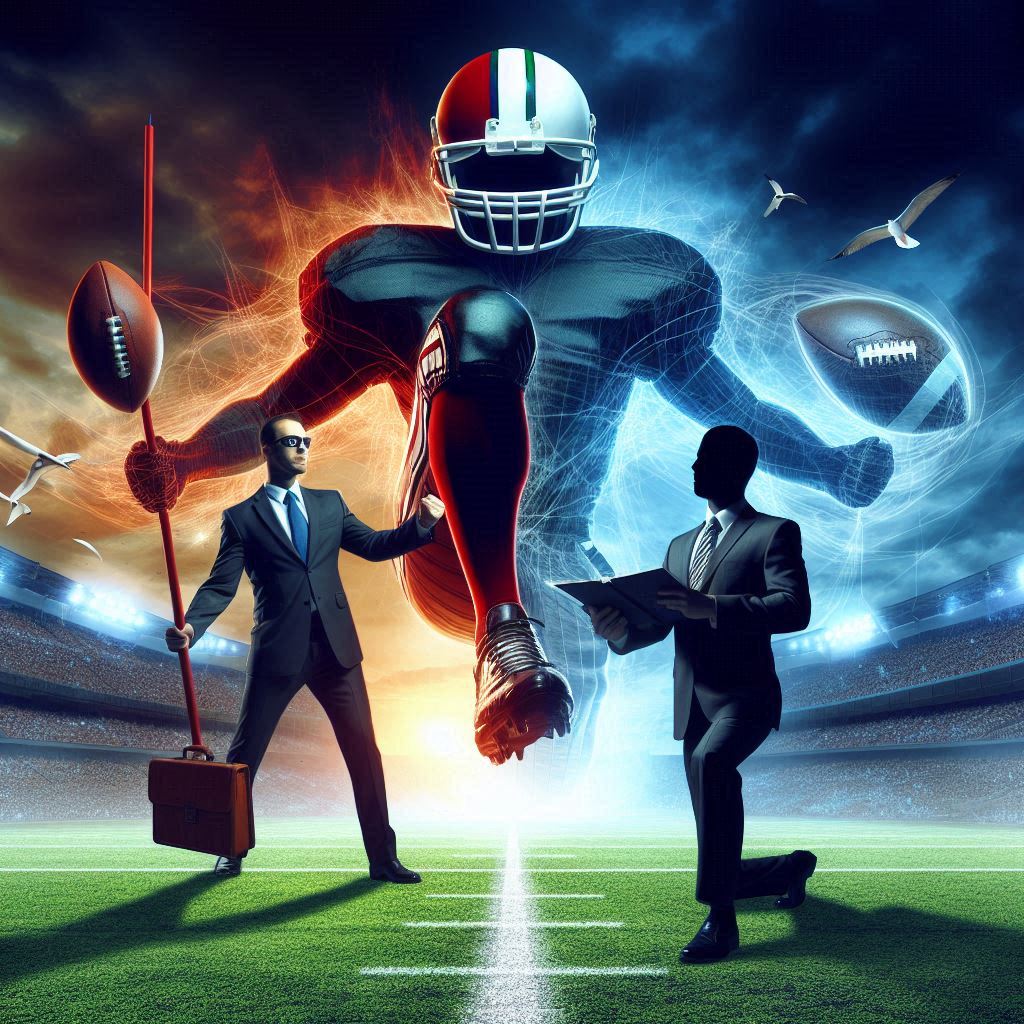
The Psychology of Fans, Players, Cities, Businesses, and Beyond
The Emotional Rollercoaster of Fans
Fans are the lifeblood of the NFL Super Bowl, and their psychological engagement is profound. The emotional investment fans have in their favorite teams often creates a deep sense of identity and loyalty. The anticipation leading up to the game, the highs of victory, and the lows of defeat all contribute to an emotional rollercoaster. Fans’ rituals, such as wearing team jerseys, gathering with fellow supporters, and participating in game-day traditions, reinforce their connection to the team and the event.
The Mental Resilience of Players
For players, the NFL Super Bowl is the culmination of years of hard work and dedication. The mental resilience required to perform under such intense scrutiny is immense. Athletes rely on techniques like visualization, goal-setting, and stress management to stay focused and composed. The pressure to succeed and the fear of failure can be overwhelming, but mental toughness and a strong support system help players navigate these challenges.
The Collective Pride of Cities
The NFL Super Bowl has a significant psychological impact on the cities represented by the competing teams. Civic pride and a sense of unity often surge as residents rally behind their team. The city’s identity can be closely tied to its sports teams, and a NFL Super Bowl victory can boost morale and foster a sense of community. Conversely, a loss can lead to collective disappointment, but the shared experience still strengthens communal bonds.
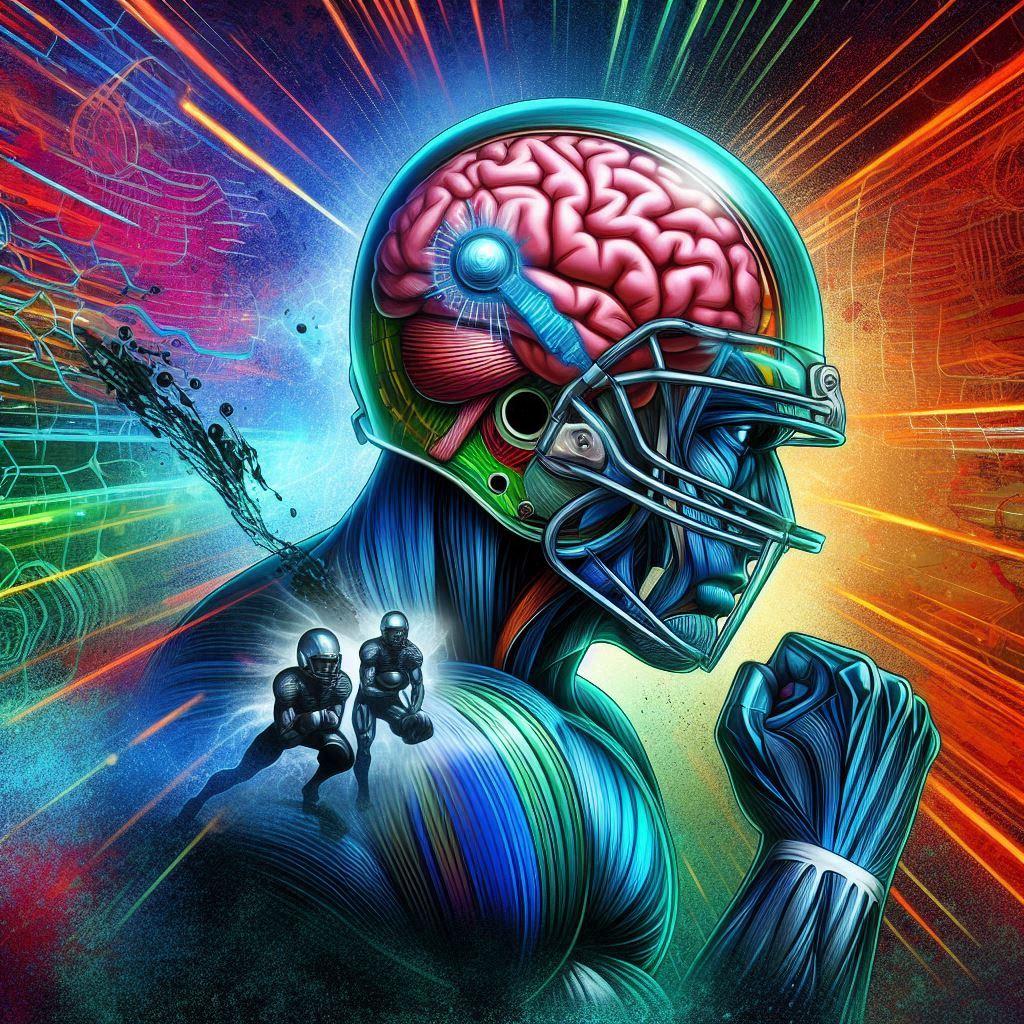
The Strategic Marketing of Businesses
Businesses, particularly those involved in NFL Super Bowl advertising, engage in strategic psychological tactics to capture the audience’s attention. Companies invest millions in NFL Super Bowl commercials, aiming to create memorable and emotionally resonant ads. The psychology of advertising plays a crucial role, as advertisers use humor, nostalgia, and inspirational themes to connect with viewers. The goal is to leave a lasting impression that translates into brand loyalty and increased sales.
The Organizational Efficiency of Event Planners
Behind the scenes, event planners and organizers work tirelessly to ensure the smooth execution of the NFL Super Bowl. The psychology of event management involves meticulous planning, problem-solving, and crisis management. The ability to anticipate challenges, stay calm under pressure, and coordinate efforts across various teams is essential. Successful event planning requires a combination of logistical expertise and interpersonal skills to create a seamless experience for everyone involved.
The Cultural Impact on Society
The NFL Super Bowl extends its psychological influence beyond just the immediate parties involved. The event reflects and shapes broader societal trends and conversations. It serves as a platform for addressing important issues, from social justice to gender equality. The cultural impact of the NFL Super Bowl can spark discussions and drive awareness on a wide range of topics, highlighting its significance as more than just a sporting event.
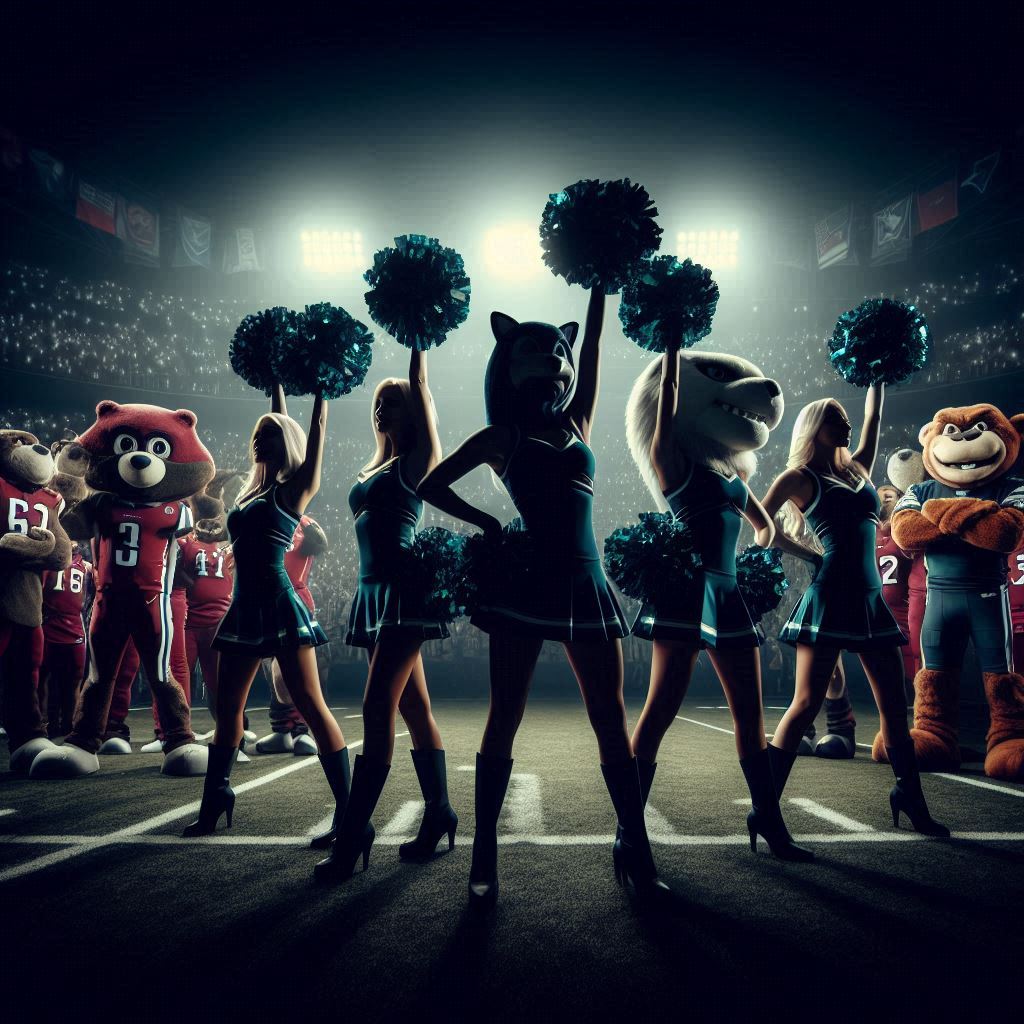
The Psychology of Team Mascots, Cheerleaders, and the Team as a Whole
The Symbolism and Spirit of Team Mascots
Team mascots play a crucial role in enhancing the psychological experience of the Super Bowl for both players and fans. These charismatic figures serve as symbols of team identity, pride, and spirit. The presence of a mascot can boost team morale, create a sense of unity, and energize the crowd. Mascots often embody the characteristics that a team aspires to, such as strength, agility, or courage. Their antics and interactions with fans add an element of fun and excitement to the event, making the game more engaging and memorable.
The Motivation and Performance of Cheerleaders
Cheerleaders are essential contributors to the Super Bowl atmosphere, providing entertainment and motivation for both the team and the fans. The psychology behind cheerleading involves a combination of athleticism, performance skills, and team spirit. Cheerleaders must maintain high levels of energy, enthusiasm, and precision throughout the game. Their routines and cheers are designed to inspire and uplift the crowd, creating a positive and dynamic environment. The support and encouragement from cheerleaders can have a motivational impact on players, helping them stay focused and driven during the game.
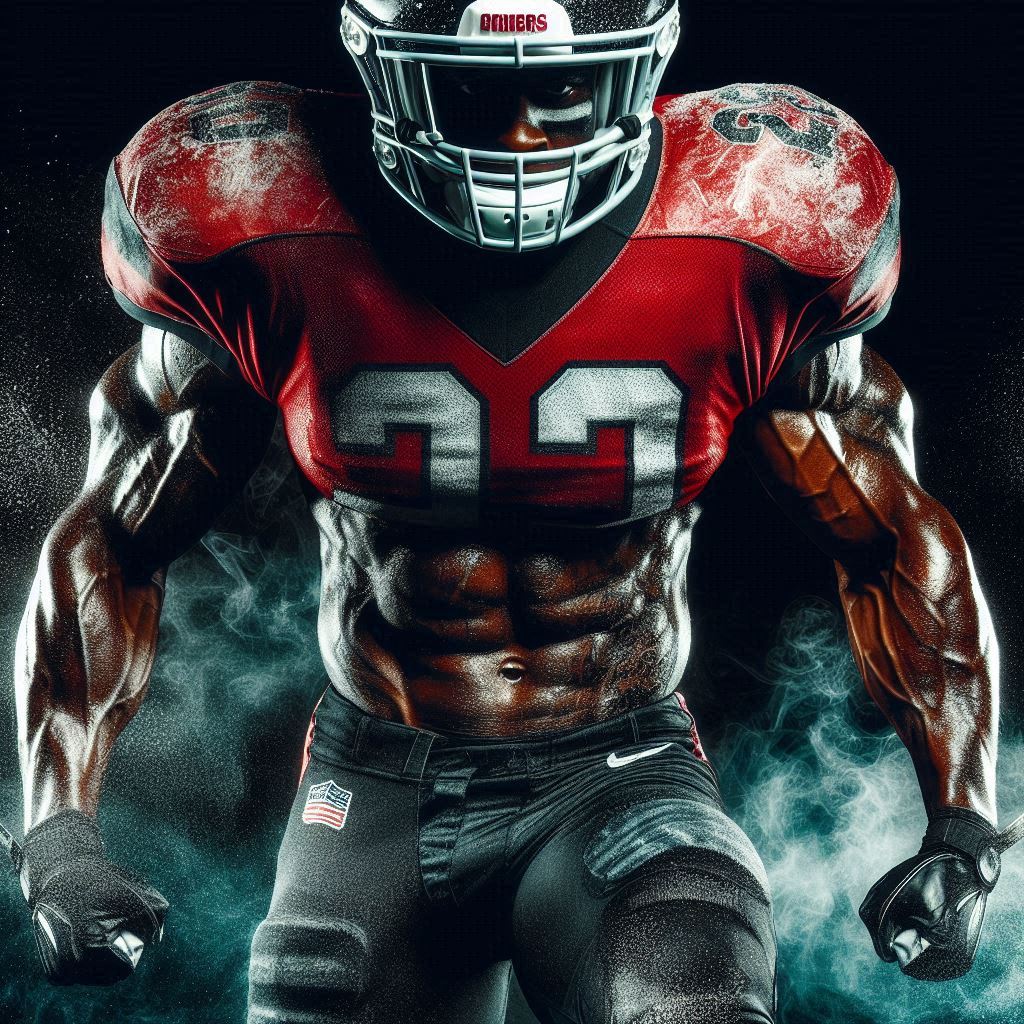
The Cohesion and Dynamics of the Team as a Whole
The team as a whole is the heart of the Super Bowl experience, and its dynamics play a critical role in determining success. Team cohesion refers to the unity and togetherness among team members, which is essential for effective collaboration and performance. Strong team cohesion is built on trust, communication, and a shared sense of purpose. Players who feel connected to their teammates are more likely to perform well under pressure and support each other through challenges.
Leadership within the team is another vital psychological aspect. Captains and veteran players often serve as role models and motivators, setting the tone for the team’s work ethic and attitude. The coach’s role in fostering a positive team culture and instilling confidence is crucial. Effective leadership helps maintain focus, resolve conflicts, and guide the team toward a common goal.
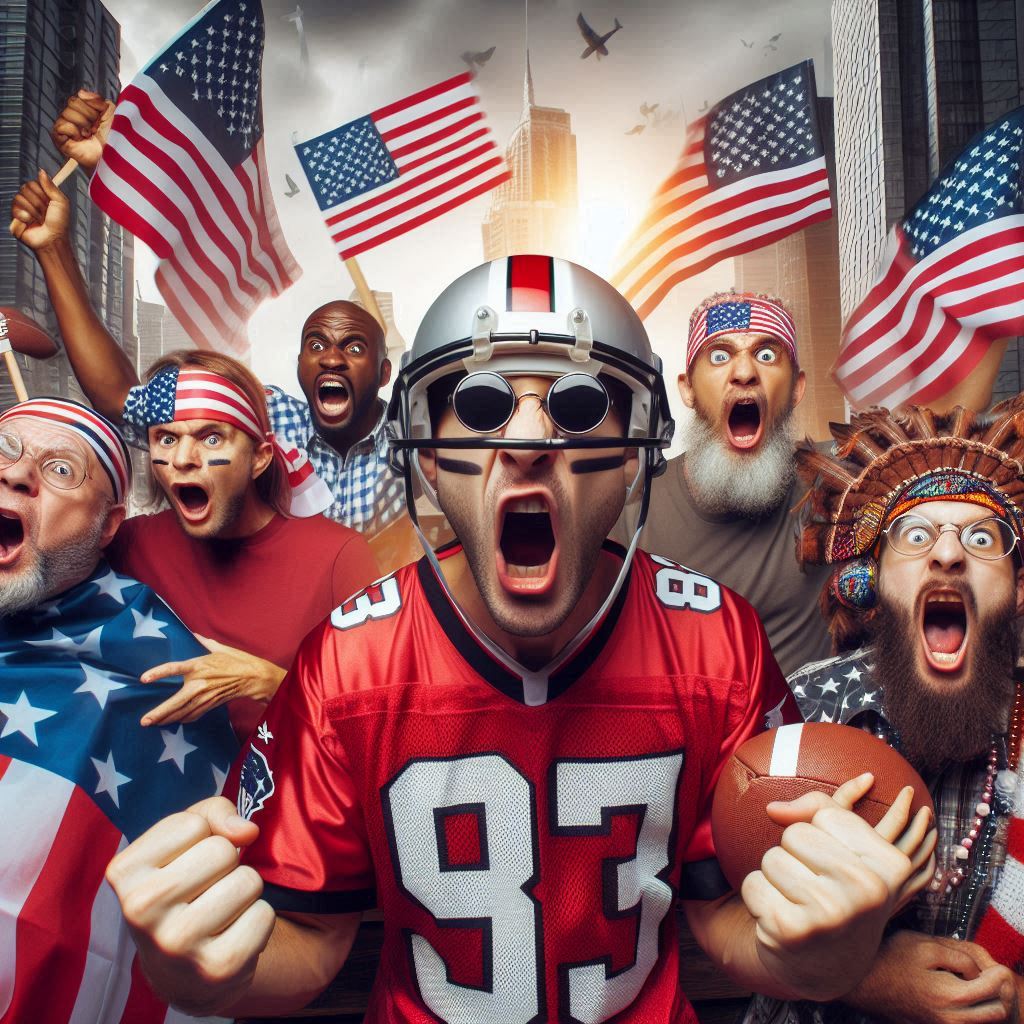
The Impact on Fan Engagement and Enjoyment
The presence of team mascots, cheerleaders, and the collective dynamics of the team significantly enhances fan engagement and enjoyment. These elements contribute to the overall entertainment value of the Super Bowl, making it more than just a sporting event. Fans often develop emotional connections with mascots, cheerleaders, and the team as a whole, seeing them as representations of their team’s spirit and culture. The interactive performances, choreographed routines, and crowd participation foster a sense of community and shared experience. Understanding the psychology of these roles helps explain their importance in creating a vibrant and memorable Super Bowl experience.
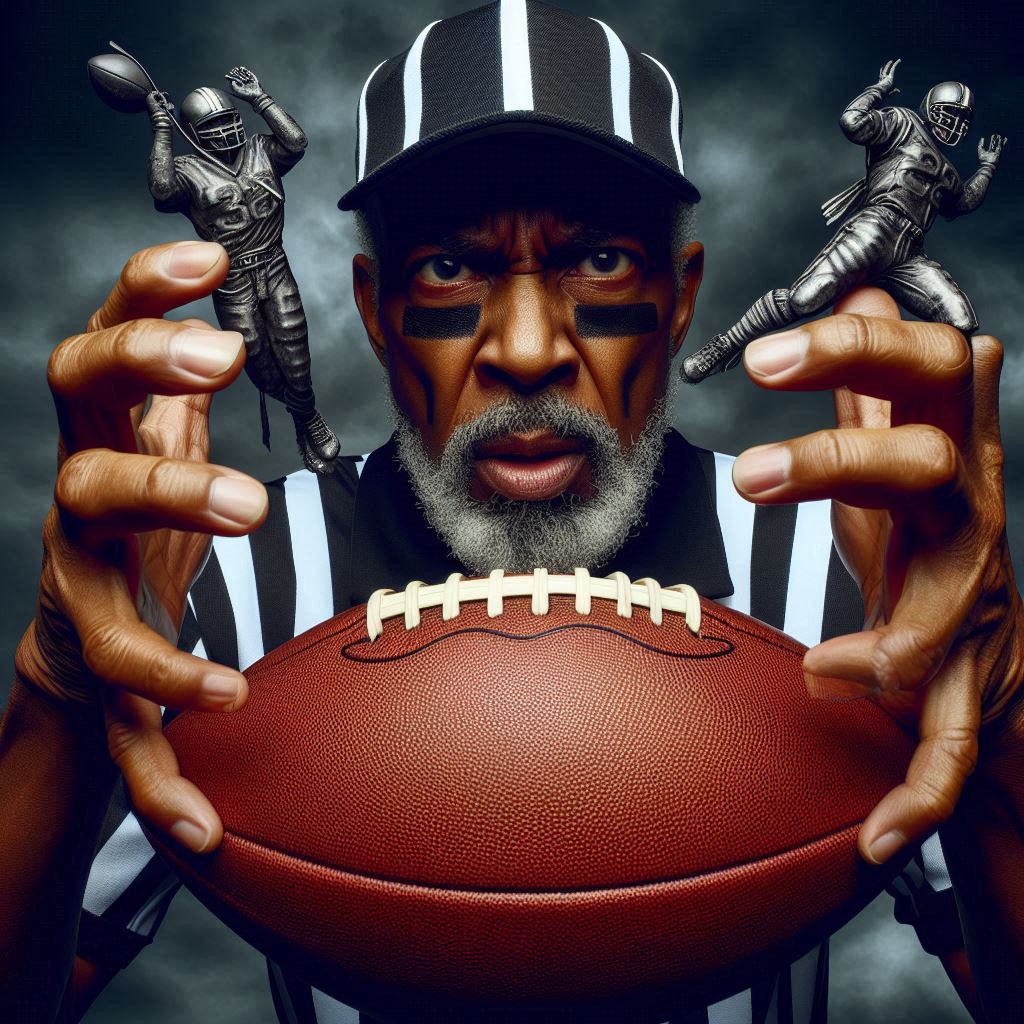
The Psychology of Umpires in the Super Bowl
The Role and Responsibilities of Umpires
Umpires ensure fair play by making crucial decisions and maintaining order. Their deep understanding of the rules is essential for upholding the integrity of the game.
Techniques like stress management help them handle high-pressure situations and make accurate calls. Fairness, consistency, and effective communication are crucial for maintaining control and respect on the field. Resilience and confidence help them remain objective and focused on their responsibilities.
Umpires undergo rigorous preparation, including rule education, physical conditioning, and psychological training to develop decision-making skills and stress resilience.
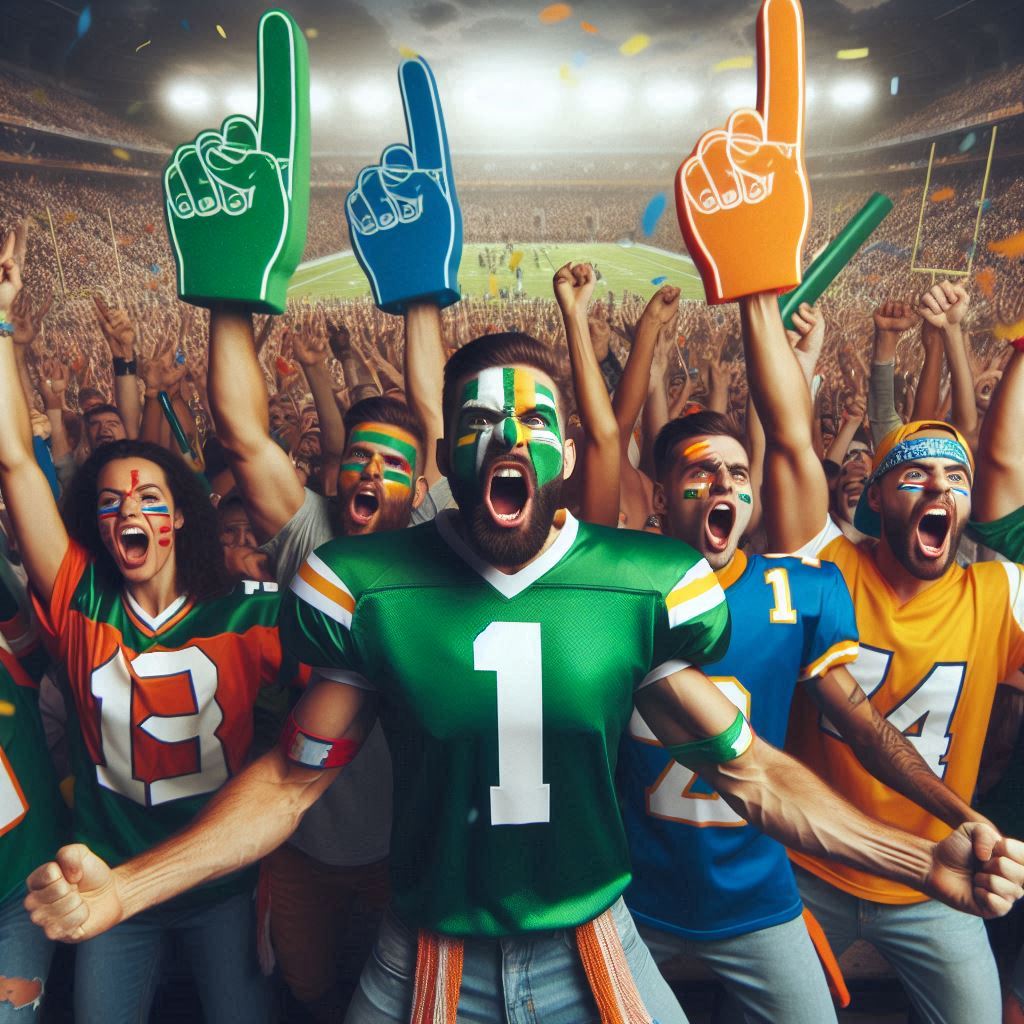
The Psychology of Super Bowl Ads
The Power of Persuasive Messaging
Super Bowl ads are renowned for their creativity and impact. Advertisers harness the power of persuasive messaging to capture the audience’s attention and create memorable impressions. By using humor, emotion, and cultural references, these ads resonate with viewers and leave a lasting impact. The high stakes of Super Bowl advertising drive brands to deliver their best, resulting in some of the most iconic commercials in advertising history.
The Emotional Connection
Effective Super Bowl ads often tap into viewers’ emotions, creating a connection that goes beyond the product being advertised. Whether through heartwarming stories, humorous scenarios, or powerful social messages, these ads aim to evoke strong emotional responses. The emotional engagement not only makes the ads memorable but also fosters a positive association with the brand.
The Cultural Relevance
Super Bowl ads frequently reflect and shape cultural trends and conversations. Advertisers leverage current events, popular culture, and societal issues to create ads that feel timely and relevant. This cultural resonance helps brands connect with a broad audience and enhances the overall impact of their messaging.
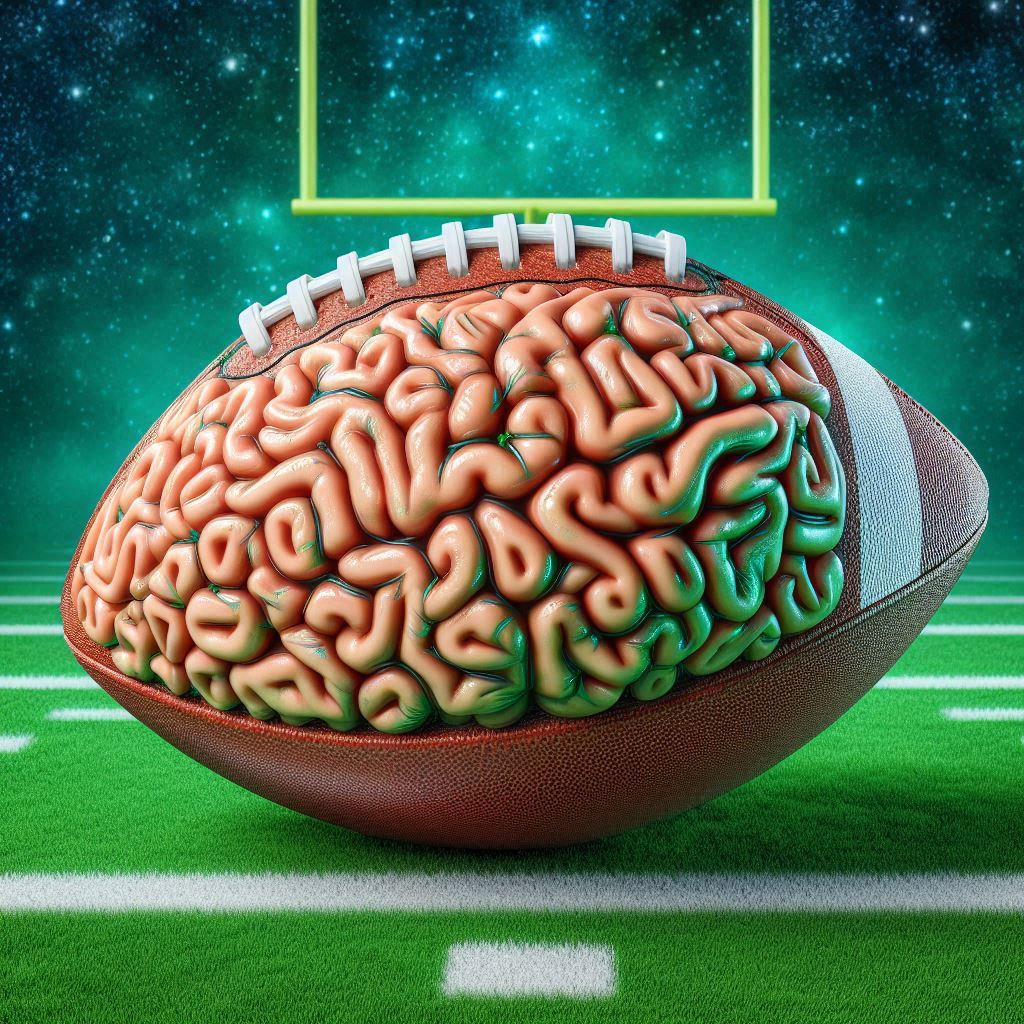
The Strategic Investment
The Super Bowl offers a unique opportunity for brands to reach a massive audience, making it one of the most expensive advertising platforms. The significant financial investment underscores the importance of strategic planning and execution. Advertisers carefully craft their messages to maximize their return on investment, aiming for ads that will be talked about long after the game is over.
The Social Interaction and Virality
Super Bowl ads often generate significant buzz on social media and in conversations among friends and family. The social interaction and virality of these ads amplify their reach and impact. Brands aim to create shareable content that will be discussed, shared, and celebrated across various platforms. The collective excitement and engagement around Super Bowl ads contribute to their lasting influence.
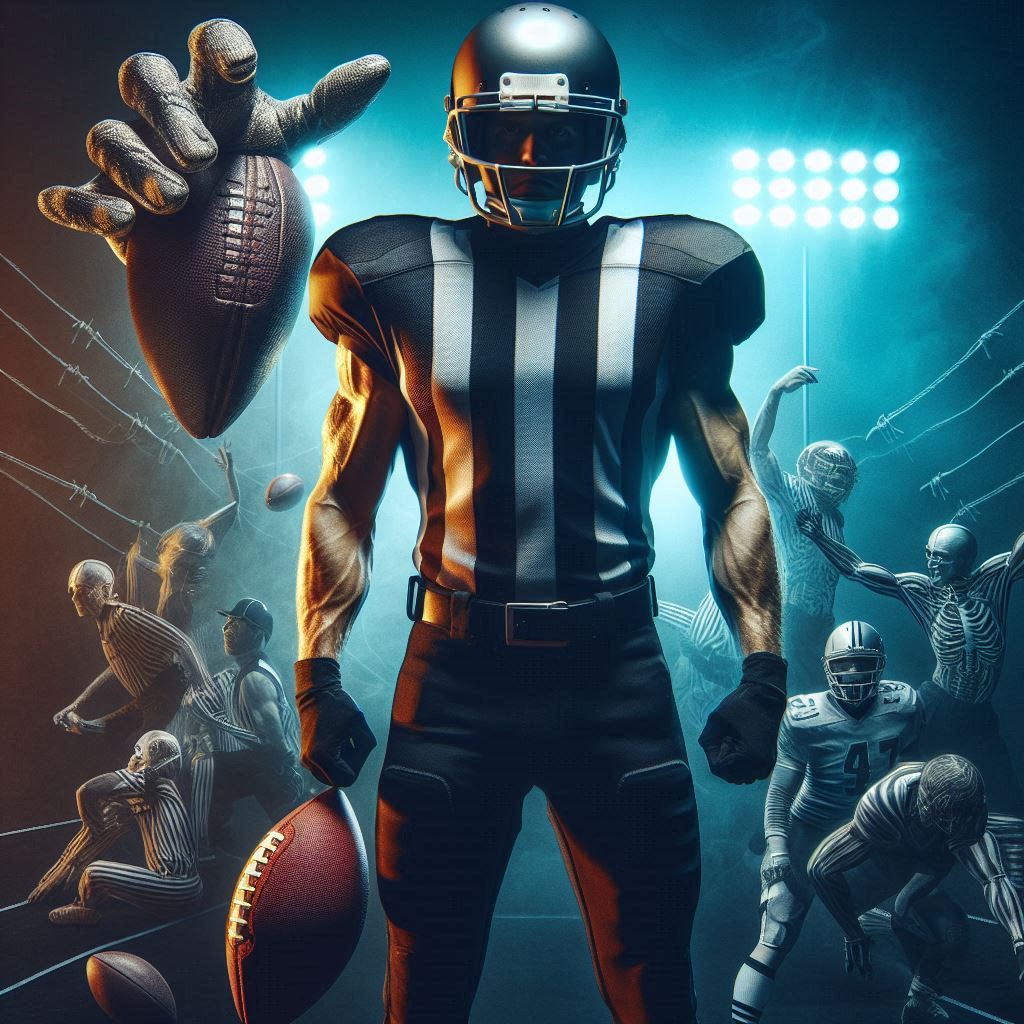
Conclusion
The psychology of the NFL Super Bowl offers valuable insights into the mental and emotional factors that drive human behavior. From the intense pressure on athletes to the emotional rollercoaster experienced by fans, the NFL Super Bowl is a rich tapestry of psychological dynamics. By examining the various aspects of NFL Super Bowl success, fandom, advertising, social interaction, rituals, outcomes, and cultural impact, we gain a deeper appreciation for the complexities of this iconic event. The NFL Super Bowl is not just a game; it is a window into the human psyche, revealing the power of motivation, identity, and collective experience.

Join the Conversation
The NFL Super Bowl is not just a spectacle for the players on the field, but also for the millions of fans watching and interacting around the world. We want to hear from you! What psychological factors do you believe play a crucial role in the NFL Super Bowl? Have you ever experienced the emotional highs and lows of being a NFL Super Bowl fan? Do you have any rituals or traditions that you follow for the big game?
#Superbowl2025 #SuperbowlSunday #GameDay #Touchdown #NFL #SuperbowlParty #HalftimeShow #TeamSpirit #FootballSeason #SuperbowlChamps #Kickoff #EndZone #Quarterback #BigGame #FootballLife #SundayFunday #SportsFan #GameDayEats #TailgateParty #FootballGame #ChampionshipGame #SuperbowlAds #FootballNight #SuperbowlSnacks #PepTalk #HuddleUp #FieldGoal #GoTeam #FootballLove #SuperbowlFest #TouchdownDance #SuperbowlCountdown #FootballIsLife #GameDayVibes #FootballSunday #SuperbowlSpecial #HalftimePerformance #FantasyFootball #FootballCulture #SuperbowlReady
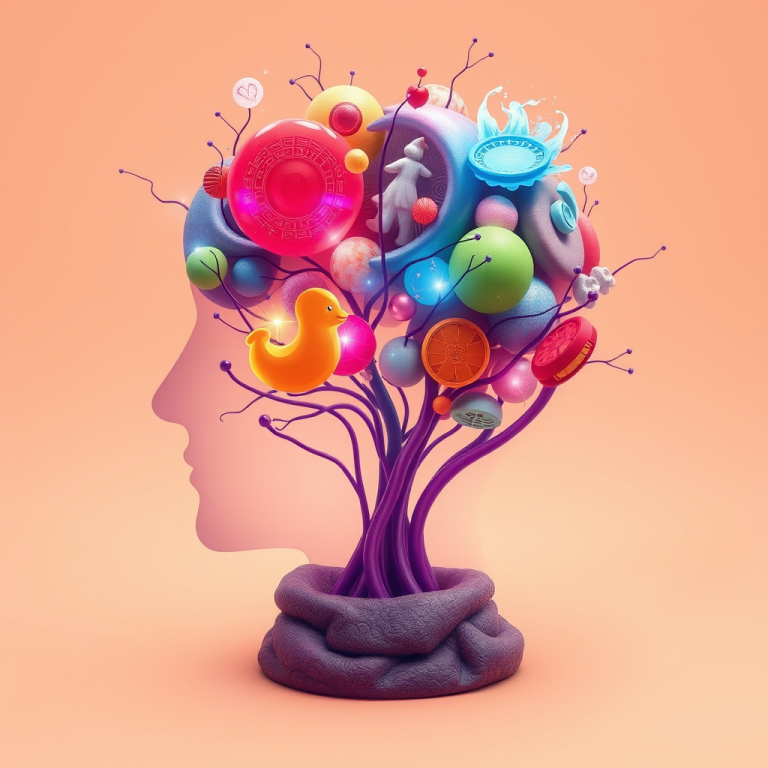



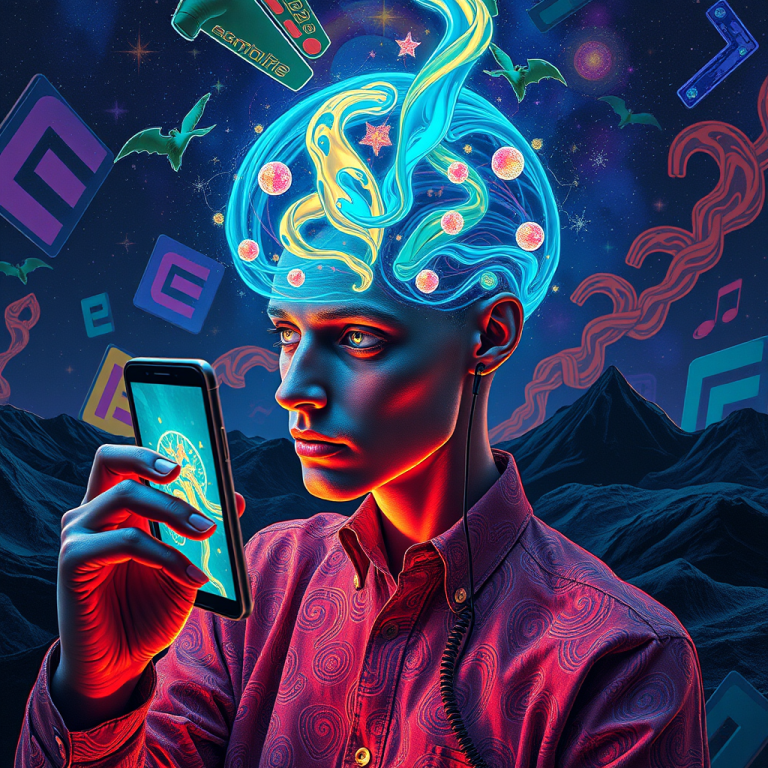

I think, that you are not right. I can prove it. Write to me in PM.
Bravo, your idea it is very good
I’m extremely impressed along with your writing abilities as smartly as with the structure in your blog.
Is this a paid subject matter or did you customize it
your self? Anyway stay up the excellent high quality writing, it is rare to see a nice weblog like this one
these days. Snipfeed!